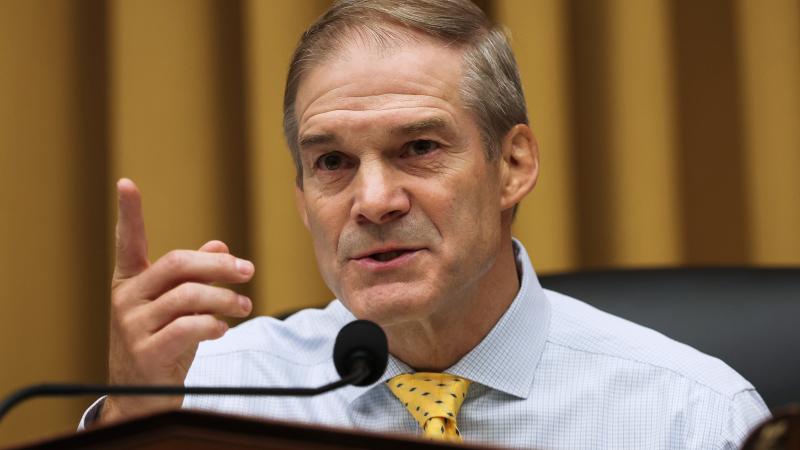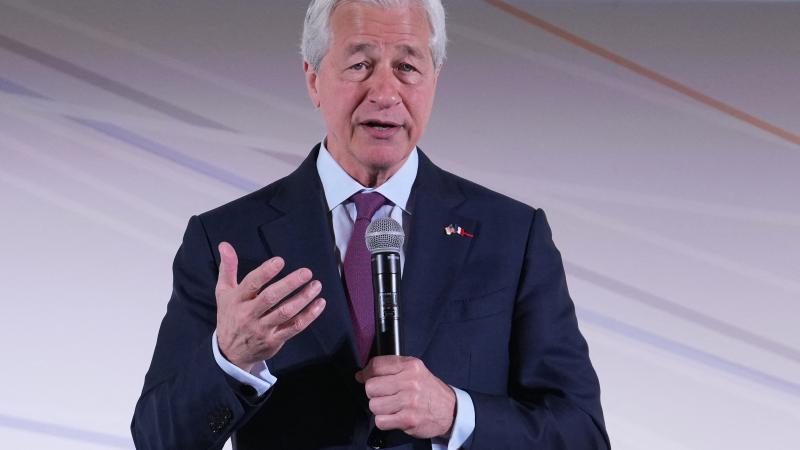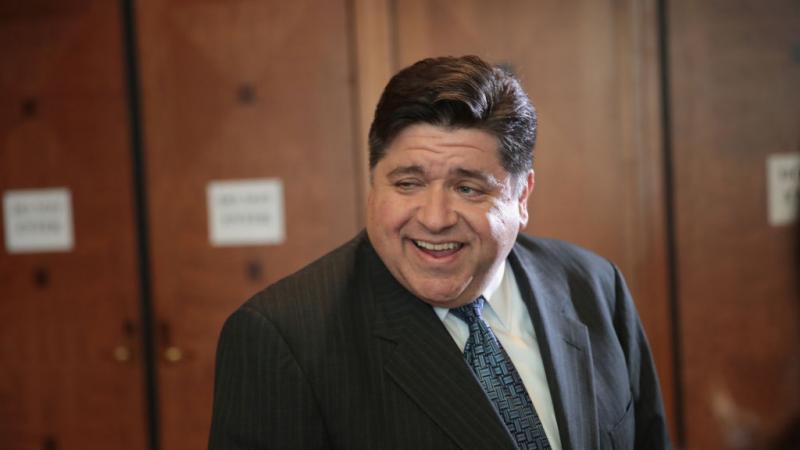VA failing to adequately track corrective actions in whistleblower retaliation cases: fed watchdog
The GAO found that the VA had settled 71 whistleblower retaliation cases from fiscal years 2019 to 2023.
The data systems at the Department of Veterans Affairs are “not designed to track corrective actions” after whistleblower complaints, according to a new Government Accountability Office report.
The federal watchdog agency found that the VA is "unable to consistently track corrective actions taken in whistleblower cases. These actions can include restored leave or reassignment."
The report, titled, “VA Should Assess Data and Monitor Settlement Agreements to Better Ensure Protections," points to the agency's outdated data systems as the primary problem.
“VA’s fiscal year 2022–2028 strategic plan calls for the agency to promote accountability by protecting whistleblowers, but officials said that VA data systems were not designed to track corrective actions,” the report, released Thursday, also said.
The GAO said the report was compiled from data from the Office of Special Counsel, an independent agency, and the VA’s Office of Accountability and Whistleblower Protection, which investigates whistleblower retaliation allegations.”
The watchdog found that the OSC and OAWP have contradictory data about settled whisleblower cases.
According to the analysis, OSC’s data showed 90 whistleblower retaliation settlement agreements that covered fiscal years 2019 to 2023 and OAWP’s data showed 30 OSC settlement agreements.
“Officials at both agencies told GAO that their data [does] not include information on case outcomes from outside their own investigative processes unless the other agency voluntarily provides it,” the report said.
“Without better coordination and comprehensive data on the outcomes of VA whistleblower retaliation cases, both agencies might miss opportunities to promote accountability for and protection of whistleblowers,” according to the report.
The GAO found that the VA had settled 71 whistleblower retaliation cases from fiscal years 2019 to 2023.
“Most settlement agreements provided for payments and personnel actions, according to VA data. VA’s data show that settlement agreements included payments to whistleblowers that ranged between $1,800 and $525,000, and that most involved personnel actions, such as reassigning the whistleblower,” the report said.
The watchdog discovered that the VA reviews “copies of settlement agreements” but it does not “monitor their implementation.”
In response to this finding, VA officials said the agency secretary has not delegated the authority for them to “adequately monitor” the implementation of settlement agreements.
“However, VA’s current strategic plan states that OAWP is responsible for fostering a safe environment to report wrongdoing. By ensuring that OAWP monitors the implementation of whistleblower retaliation settlement agreements, VA could better support its goal to promote and improve accountability for whistleblower retaliation,” the GAO report said.
The watchdog issued four recommendations for the agency and the OSC.
Among the recommendations are that the secretary should “ensure that OAWP consistently collects information on corrective actions VA takes on behalf of whistleblowers during the whistleblower retaliation investigation process.”
The second was the OSC “should coordinate with the Secretary of Veterans Affairs to ensure that VA whistleblower retaliation settlement agreements that arise from cases filed with OSC are accurately tracked.”
The third was the secretary should “coordinate with the Special Counsel of the Office of Special Counsel to ensure that VA whistleblower retaliation settlement agreements that arise from cases filed with OSC are accurately tracked.”
The final recommendation was that the secretary should “ensure that OAWP is delegated the authority to monitor and then monitors whistleblower retaliation settlement agreement implementation, including tracking of relevant settlement agreement data.”
The GAO said the VA concurred with three of the recommendations while the OSC “disagreed with one, citing added burden among other reasons. GAO maintains the recommendation is warranted and can be implemented with existing coordination mechanisms.”














